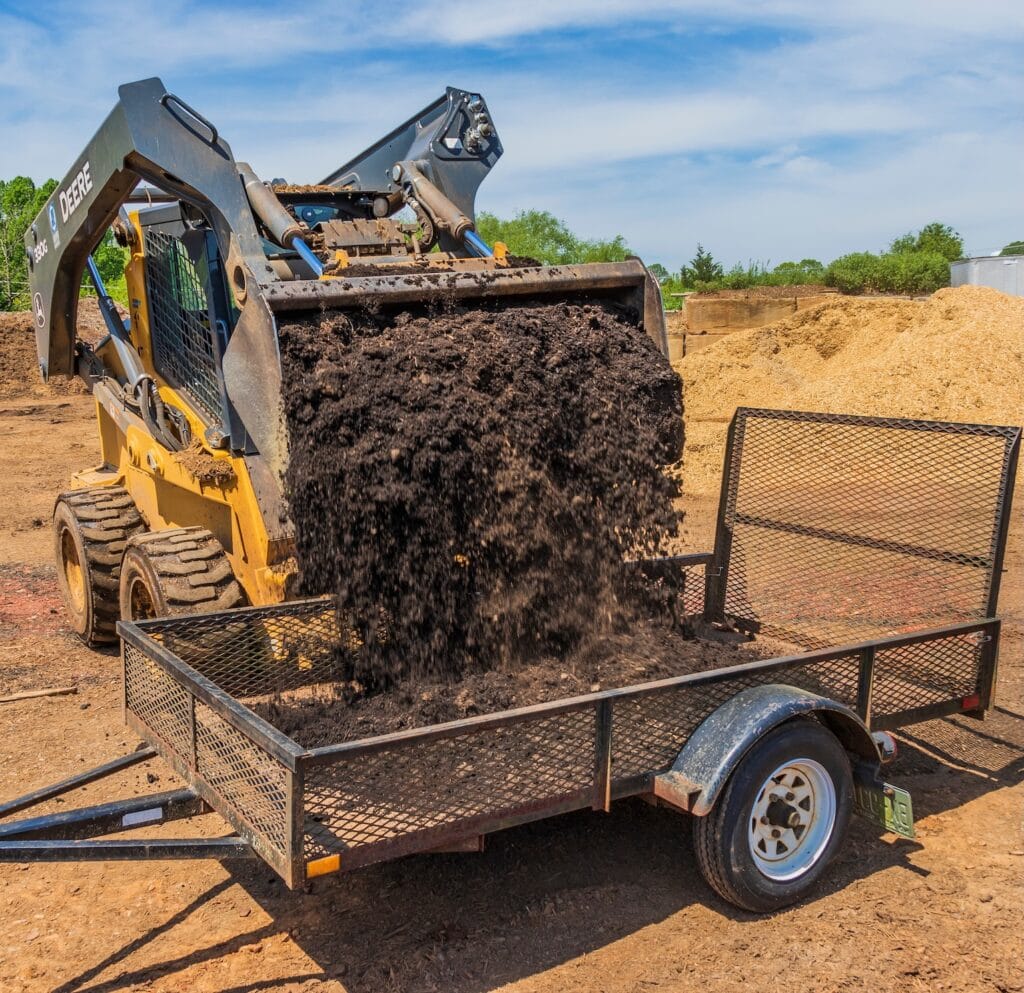Running a hauling or construction business means getting the right equipment. Dump trailers play a crucial role in moving heavy materials efficiently from one place to another. Before spending money on these trailers, business owners need to understand what makes a good investment. The right dump trailer can boost productivity and save time, while the wrong choice can lead to endless headaches and repair costs.
Explore in this article what makes a dump trailer worth buying for your business needs.
Load Capacity and Size
When picking dump trailers from reputable manufacturers, load capacity should top your priority list. Most heavy-duty dump trailers can handle between 7,000 to 21,000 pounds of material. Think about what you’ll haul most often – gravel, construction debris, or landscaping materials. Match the trailer’s capacity to your typical loads to avoid straining the equipment. Also, consider the trailer dimensions. A 14-foot trailer might work for smaller jobs, but larger projects could require 16-foot or longer models. Remember that bigger isn’t always better – you’ll need to balance capacity with maneuverability, especially in tight spaces.
Build Quality and Materials
Ever seen a rusty dump trailer at a job site? That’s what happens when build quality takes a back seat. Quality dump trailers use sturdy materials like steel with protective coatings or aluminum for corrosion resistance. Check the thickness of the bed walls and dump bed floor – thicker gauge steel means better durability. The hydraulic system should have a solid construction with protected lines and a powerful pump. Look for reinforced corners and joints, as these areas take the most stress during loading and dumping.
Hydraulic System Performance
The hydraulic system makes or breaks a dump trailer’s usefulness. A good system lifts loads smoothly and maintains steady control during dumping. Look for trailers with double-acting hydraulic cylinders – they provide better control when lowering the trailer bed. The pump should have enough power to lift maximum loads without struggling. Some models offer remote-controlled operation, which can be a real time-saver. Ask about the hydraulic fluid capacity and maintenance requirements before making a decision.
Axle Configuration and Suspension
Nobody wants a trailer that bounces down the road like a basketball. The right axle setup keeps heavy loads stable and protects both the cargo and trailer from damage. Single-axle trailers work for lighter loads, but tandem or triple axles distribute weight better for heavy-duty applications. Spring suspension systems offer durability, while torsion axles provide smoother riding. Consider your typical road conditions – rough job sites might need more robust suspension options.
Also Read
Safety Features and Compliance
Safety features aren’t just nice-to-haves – they’re essential. Look for trailers with reliable brake systems, preferably electric brakes on all axles. Good lighting packages help prevent accidents during early morning or evening work. Check that the trailer meets Department of Transportation (DOT) requirements for your area. Safety chains, proper hitching mechanisms, and working brake lights should all come standard. Some manufacturers offer additional features like backup cameras or load sensors.
Gate Options and Accessibility

The right gate setup saves time and hassle during loading and unloading. Barn-door gates work well for bulky items, while spread gates excel with loose materials like gravel. Some trailers offer combination gates for versatility. Consider how you’ll typically load and unload materials. Will you need side access? Double-check the gate latching mechanisms – they should be sturdy and easy to operate while keeping heavier loads secure.
Maintenance Requirements
Every trailer needs upkeep, but some designs make constant maintenance easier than others. Check what regular maintenance the manufacturer recommends. Are grease points easily accessible? How often do hydraulic fluids need changing? Look for models with replaceable wear parts and good parts availability. A high-quality dump trailer that’s easier to maintain means less downtime and lower long-term costs. Ask about warranty coverage and what it includes.
Pricing and Value Considerations
Price matters, but value matters more. Cheaper trailers might save money upfront but cost more in repairs and downtime later. Compare warranties, build quality, and included features when looking at different price points. Consider resale value – well-built trailers from reputable manufacturers hold their value better. Factor in financing options and how the purchase will affect your business’s cash flow. Sometimes, spending more initially saves money over the trailer’s lifetime.
Conclusion
Companies buying heavy-duty dump trailers face an important decision that affects their daily operations. Taking time to evaluate these key factors helps ensure the right choice for specific business needs. Remember that the best trailer combines appropriate capacity, solid construction, and reliable performance at a reasonable price point. With careful consideration of these aspects, business owners can select equipment that serves them well for years to come.
